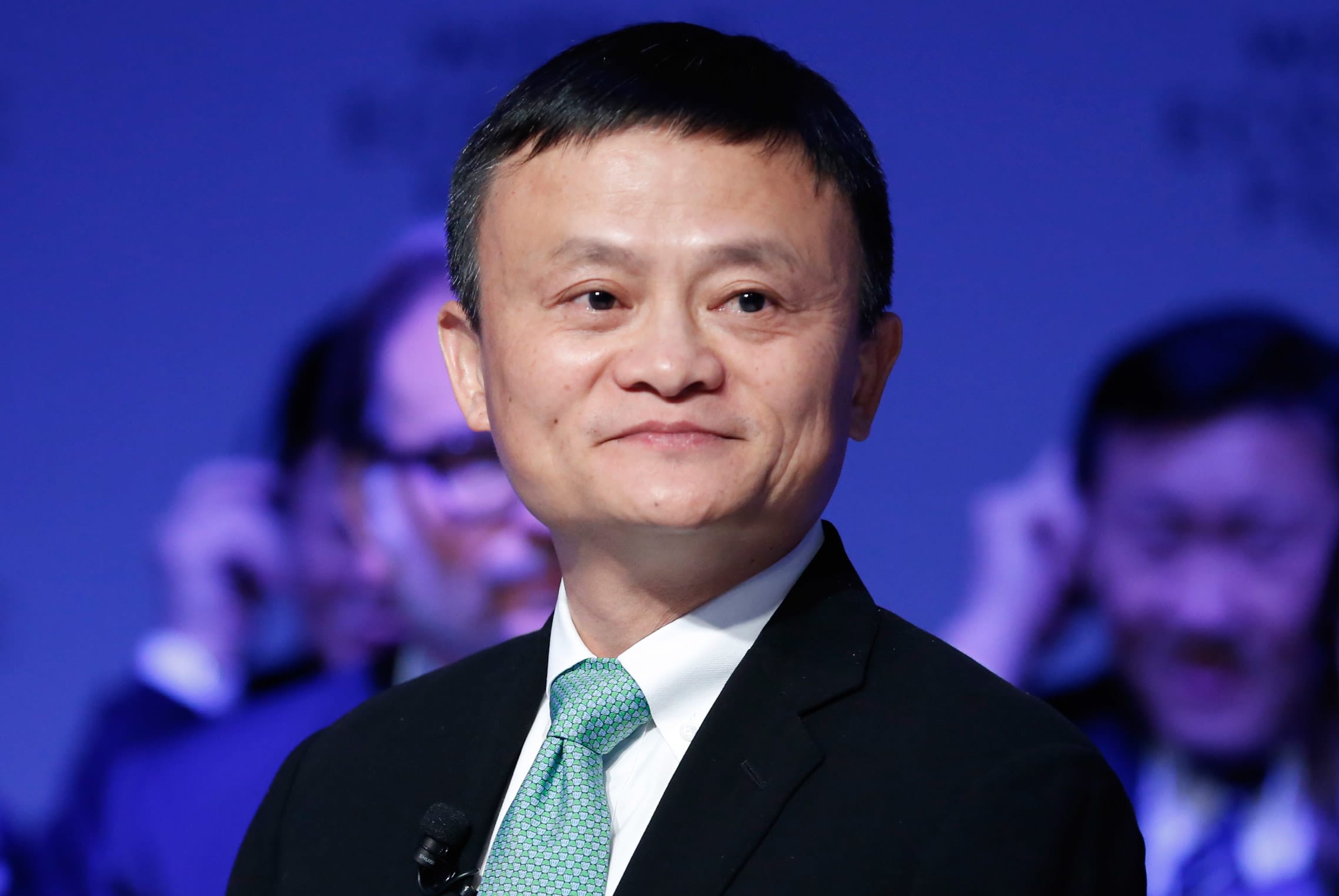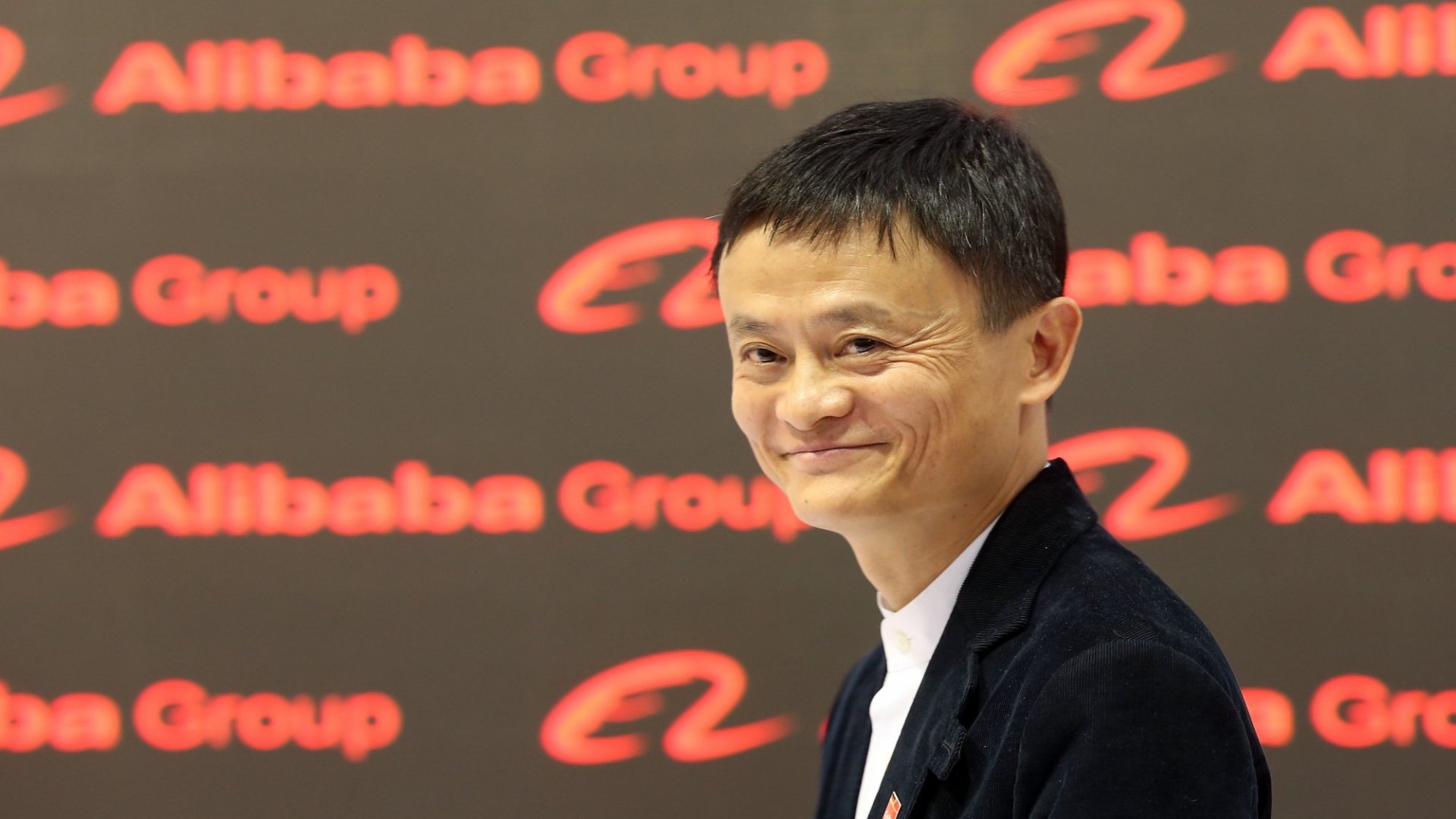Introduction
Jack Ma Yun is a Chinese business magnate, investor and philanthropist. He is the co-founder and former executive chairman of Alibaba Group, a multinational technology conglomerate. Jack Ma has a one of the highest net worth among the wealthiest person’s of the planet. Today, Jack Ma’s net worth is estimated at $50.3 billion. Ma is a charismatic, flamboyant, and energetic leader, and his influence in business and leadership has been recognized by various organizations.

Early Life
Jack Ma was born in Hangzhou, Zhejiang, China. He began studying English at a young age by conversing with English-speakers at Hangzhou International Hotel. For nine years, Ma would ride 27 km (17 miles) on his bicycle to give tourists tours of the area to practice his English. He became pen pals with one of those foreigners, who nicknamed him “Jack” because he found it hard to pronounce his Chinese name.
Later in his youth, Ma struggled attending college. Ma failed the entrance exam for the Hangzhou Teachers College twice as his weak point was mathematics. The Chinese entrance exams, held annually, took Ma three years to pass.
Ma attended Hangzhou Teacher’s Institute (currently known as Hangzhou Normal University) and graduated in 1988 with a Bachelor of Arts in English. While at school, Ma was head of the student council. After graduation, he became a lecturer in English and international trade at Hangzhou Dianzi University. He also claims to have applied ten times to Harvard Business School and got rejected each time.
Early Career
After graduation, Ma became a lecturer in English and international trade at Hangzhou Dianzi University. He infamously applied to and was rejected by Harvard Business School ten times. He also has stated that he had applied to thirty different jobs, and was rejected by all of them.
He started his own company, Hangzhou Haibo Translation Agency, in 1994. On a trip to the United States with friends in 1995, Ma was introduced to the internet. After not finding any information on beer from China, despite this information being available on the beer of many other countries, Ma and a friend created a website related to China and launched their own website. Within a few hours, he had reportedly received several emails from Chinese investors wanting to know more about him.
Realizing the potential of the internet, Ma and computer teacher He Yibing opened the first office for China Pages, starting Ma’s second company. They registered the domain “chinapages.com” in the United States in May 1995, and had made 5 million Chinese yuan within three years (equivalent to US $800,000 at the time). Thus, Ma began building websites for Chinese companies with the help from friends in the US.
From 1998 to 1999, Ma was the head of an information technology company established by the China International Electronic Commerce Center, a department of the Chinese Ministry of Foreign Trade and Economic Cooperation, but quit in 1999 to return to Hangzhou.
Alibaba
Back in Hangzhou, Ma founded Alibaba, a China-based business-to-business marketplace site, in his apartment with the help of eighteen of his friends. In October 1999 and January 2000, Alibaba won a total of $25 million foreign venture capital investment.
Over the last 15 years, Alibaba has grown exponentially. Today the company is the largest commerce site in the world, bigger than than eBay and Amazon.com combined. The company now has 280 million active customers from over 240 countries who transacted just under $300 billion worth of goods and services between June of 2013 and June 2014.

The company currently has six active subsidiaries, including Alibaba.com, Tmall.com, eTao, Alibaba Cloud Computing, Taobao Marketplace, and Yahoo! China. He has been awarded multiple business honors, including being named to Fortune Magazine’s “25 Most Powerful People in Asia” list in 2005, and being chosen as Businessweek’s “Businessperson of the Year” in 2007.
He announced on September 10, 2018 that he would be stepping down as executive chairman of Alibaba Group Holding, with his position being taken over by Daniel Zhang.
Ma’s Investments
Not all of Ma’s funds are invested in public companies; a large portion of his wealth is invested privately, through various connections and holding companies. One such private equity fund is Star Capital, which invests in a variety of business sectors, including real estate, in China and across Europe.
Star Capital is majority-controlled by Fosun International. A major part of Alibaba’s financial services businesses, including Alipay, is overseen by another holding company that is controlled by Ma and other investors.
In 2014, Jack Ma and several other investors put up $1 billion to purchase a 20% stake in Wasu Media. While this transaction may look fairly straightforward, a closer look at the way the deal was structured revealed a somewhat complex arrangement.
The Hangzhou Yunxi Investment Partnership Enterprise, which made the investment on behalf of its three partners, including Ma, is controlled by three separate entities. One of those, Hangzhou Yun Huang Investment Management, is 99% controlled by Ma, with the other 1% owned by Simon Xie. The $1 billion loan was made to Xie from Alibaba, and then invested into the Yunxi partnership for the purchase of the Wasu shares. Taking a very circuitous route, Ma was investing personally in Wasu, and his appetite for media.
Entertainment Industries
The Huayi Brothers entertainment company, originally formed in 1994, is just one example of Ma’s growing interest. Yunfeng, Chinese Internet giant Tencent Holdings Limited, and Huayi purchased controlling interests in it through an empty shell corporation called China Jiuhao Health Industry Corporation Limited.
In 2015, Yunfeng participated in an initial funding round of $129 million for Le TV Sports, a then-fledgling sports rights and streaming company, that went on to secure $1.2 billion in Series B funding in 2016.
In January 2019, Alibaba’s Pictures Group extended a $1 million loan to Huayi Brothers. In return, Huayi pledged to produce 10 theatrical films over the next five years, giving Alibaba Pictures priority as a potential investor, distributor, and merchandiser.
His Quotes
“Today is hard, tomorrow will be worse, but the day after tomorrow will be sunshine.”
“If you’ve never tried, how will you ever know if there’s any chance?”
“Opportunities lie in the place where the complaints are.”
“Once in your life, try something”




